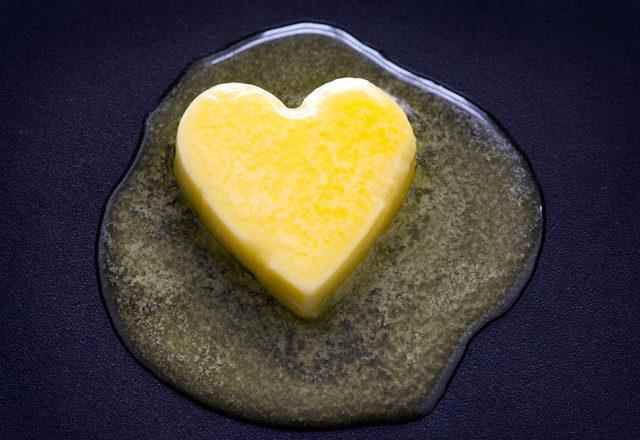It is important to have a regular and balanced diet to prevent diseases. Spices used in diet can affect the formation of diseases. Consuming too much salt is among the causes of diseases. Stating that a healthy eating habit should be acquired for heart health, Cardiology Specialist. Dr. Yunus Amasyalı said, “A healthy diet can make a positive contribution to high blood pressure (hypertension), overweight and high cholesterol, which pose a risk for heart diseases. The amount and type of fat we take with food has a significant impact on blood cholesterol levels. In addition, more than 6 grams of salt should not be consumed per day, “he said.
THE TYPE OF OIL USED IS ALSO IMPORTANT IN HEART DISEASES
Cardiology Specialist. Dr. Yunus Amasyalı warned about the things to be considered in heart health due to Heart Week. Emphasizing that a healthy eating habit should be acquired for heart health, Dr. Dr. Amasyalı said, “High blood pressure (hypertension), overweight and high cholesterol, which pose a risk for heart diseases, can make a positive contribution to the condition of a healthy diet. 75 percent of the cholesterol in the bloodstream is absorbed in the liver, and 25 percent is absorbed from the foods we take. With food. The amount and type of fat we take affect the blood cholesterol level significantly. Excess cholesterol in the circulation forms deposits called ‘plaques’ on the inner surfaces of the vessels feeding the heart. These plaques also grow and prevent blood circulation. However, the main factor that causes heart disease is the amount of fat rather than the amount of fat. In addition, more than 6 grams of salt should not be consumed per day, “he said.
SATURATED AND TRANS FAT RISK RISK OF HEART DISEASE

Stating that what needs to be done is to take up to 30 percent of daily calories from fat and replace ‘bad’ fats with ‘good’ fats, Exp. Dr. Amasyalı said, “Consumption of saturated and trans fats increases the level of LDL cholesterol, known as ‘bad cholesterol’, and therefore the risk of heart disease. This type of fat should not exceed 10 percent of the total calories taken. For those with high LDL cholesterol or those with heart disease, this rate should be less than 7 percent, and cholesterol intake should be less than 200 milligrams per day. Margarine, red meat, egg yolks, whole milk and its products, fried foods, hamburgers and the like, commercial bakery products are the main sources of such ‘bad’ fats. Unsaturated fats reduce the level of LDL cholesterol and increase HDL cholesterol, which is called ‘good cholesterol’. Olive oil, hazelnut oil, corn oil, fish, walnuts, soybeans are sources of these ‘good’ fats and should be given weight in fat consumption, which should be at most 30 percent of daily calories.
EAT BALANCED MEALS OF HEALTHY FATS

Making nutritional recommendations for heart health, Dr. Dr. Amasyalı said, “Eat moderately carbohydrates, proteins and balanced meals consisting of small amounts of healthy fats. Prefer those with reduced fat instead of full-fat milk and products. Do not eat more than four eggs a week. People with high LDL cholesterol should be even more careful about egg yolks. Choose fish instead of red meat, poultry and low-fat meats excluding skin. Eat vegetables and fruits at least 5 times a day. These contain important vitamins and minerals. You should drink at least 8-10 glasses of water a day. Grains rich in fiber, bran, beans. “Consume fruits and vegetables regularly. Soluble fiber can lower blood cholesterol by up to 15 percent.”
